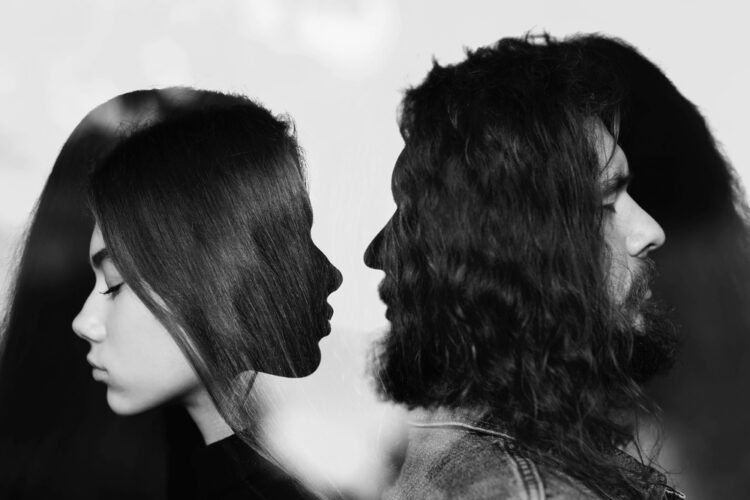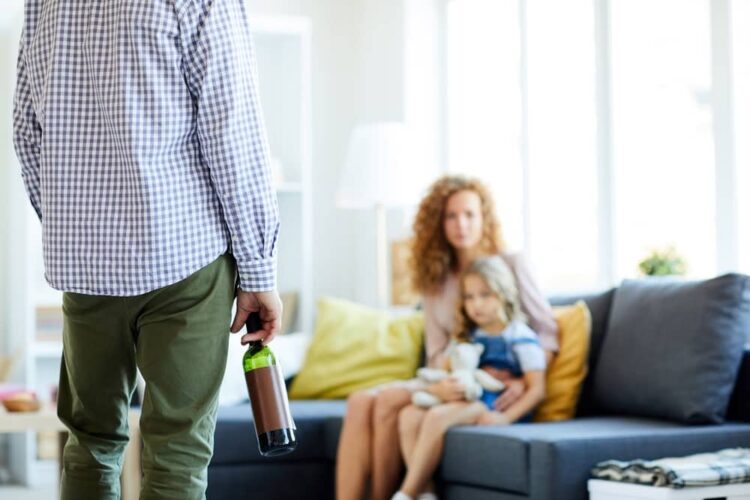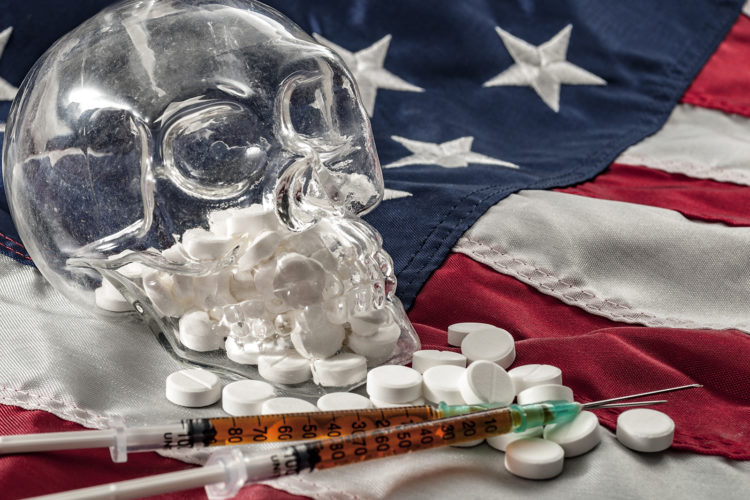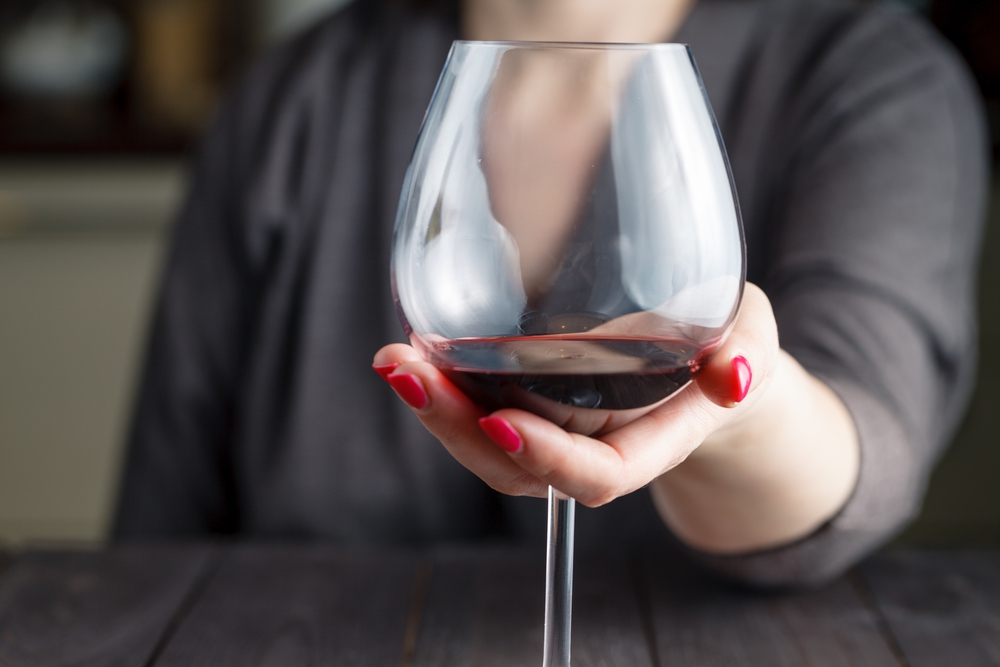
Is alcohol a drug?
Alcohol is the intoxicating component in wine, beer, and spirits like vodka and whiskey. Yes, it is a drug. It is a psychoactive substance which means it affects the way the brain works, triggering changes in mood, perception, thoughts, feelings, or behaviour.
For many people, alcohol consumption is associated with mixing with friends, celebrations, and relaxing after work. However, alcohol is toxic. It can affect the body’s health and mental well-being and cause both psychological and physical dependence, and addiction.
It is often not thought of as a drug because it is used in many social situations, and in most countries, can easily and legally be bought in a variety of places, including your local supermarket or corner store.
So, then we ask, what type of drug is alcohol?
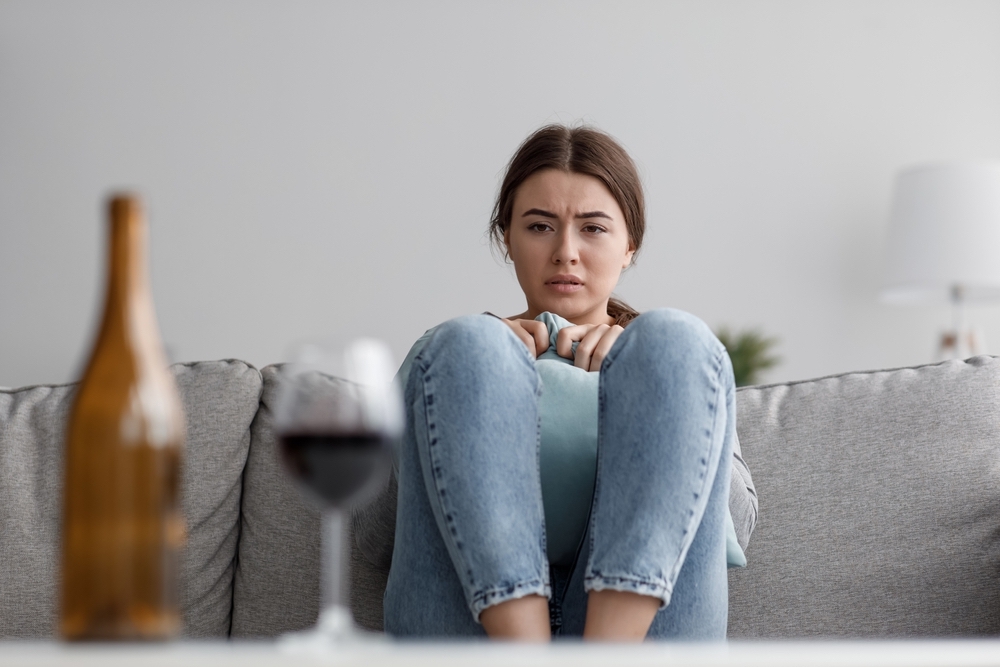
Is alcohol a stimulant or a depressant?
Before answering this question, we will first explain the difference between a stimulant and a depressant.
Stimulants – These are substances that provide a boost to the central nervous system. Sometimes known as “uppers”, they can make you feel more alert, give you energy, confidence, and in some cases, a euphoric high. They raise blood pressure, increase both the heart and breathing rates, and suppress the appetite.
Certain stimulants, such as coffee and nicotine, are legal. Though that doesn’t necessarily mean they are good for you! Some are only available on prescription, like the ADHD medication Ritalin. Others are illegal to possess, manufacture and distribute – cocaine, MDMA, and ecstasy.
Incorrect or excessive use can lead to strokes and heart attacks. These drugs are sometimes abused by individuals with eating disorders.
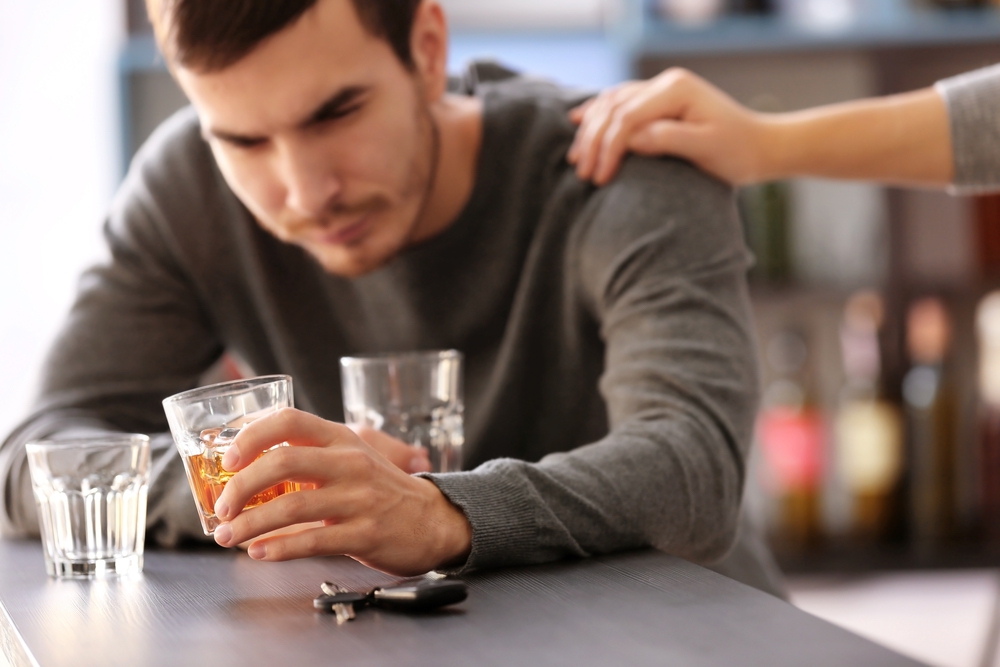
Depressants – These work in the opposite way, by slowing down activity in the brain and central nervous system. Also known as “downers”, they can make you feel relaxed, sleepy, and less anxious. They lower blood pressure, decrease heart rate, and slow down the breathing, gastric and digestive systems.
Opioids, pain relievers like morphine, codeine, oxycodone, and fentanyl: Barbiturates for treating seizures, such as phenobarbital: Benzodiazepines, used for anxiety, including Valium and Xanax; are all legal on prescription, but are often abused and are highly addictive. There is a huge market for illicitly manufactured and imported, prescription medications of this type, and other opiate derivatives such as Heroin, which is illegal.
If the central nervous or cardiovascular systems become overly decreased due to the ingestion of depressants, the lungs and heart’s vital functions can be compromised, which can result in a coma or death.
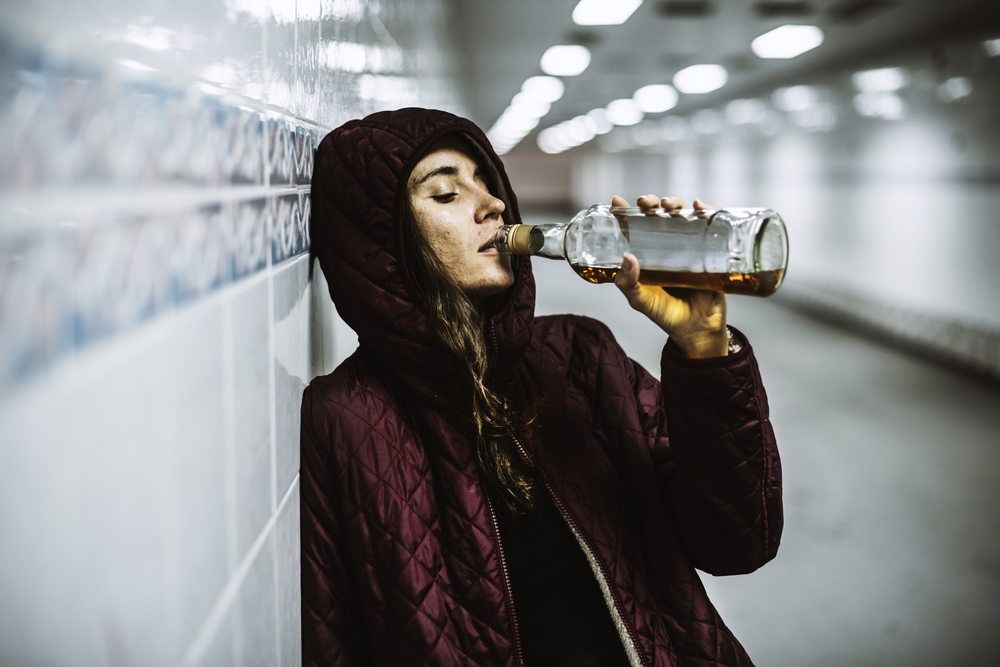
So back to what type of drug is alcohol?
Alcohol has certain stimulating effects, speeding up the heart rate, raising energy levels, lowering inhibitions, and increasing confidence, but generally, this is only in the initial stages of inebriation due to the release of the brain’s feel-good chemical, dopamine. Fairly quickly, depending on the amount and speed at which it is consumed, the sedative effects begin to set in. Leading to slurred speech, slower reactions, and drowsiness. Since alcohol ultimately slows down the body, it is classified as a depressant, not a stimulant.
So, the next question is, can alcohol be used safely?
Social drinking vs binge drinking.
People who drink in low-risk patterns are generally described as social drinkers. Social drinking is characterised as drinking within the safe limits of alcohol use and not becoming intoxicated to the point that you are impaired.
The NHS defines a low-risk pattern of alcohol use, or the recommended safe limits of use, as drinking no more than 14 units of alcohol per week (men or women), spread over 3 days or more. One or two episodes of heavy alcohol use per week is deemed as binge drinking and can be dangerous to your health. Regularly drinking more than 14 units of alcohol per week could be a sign of a problem drinker, which can have a serious impact on both physical and mental health.
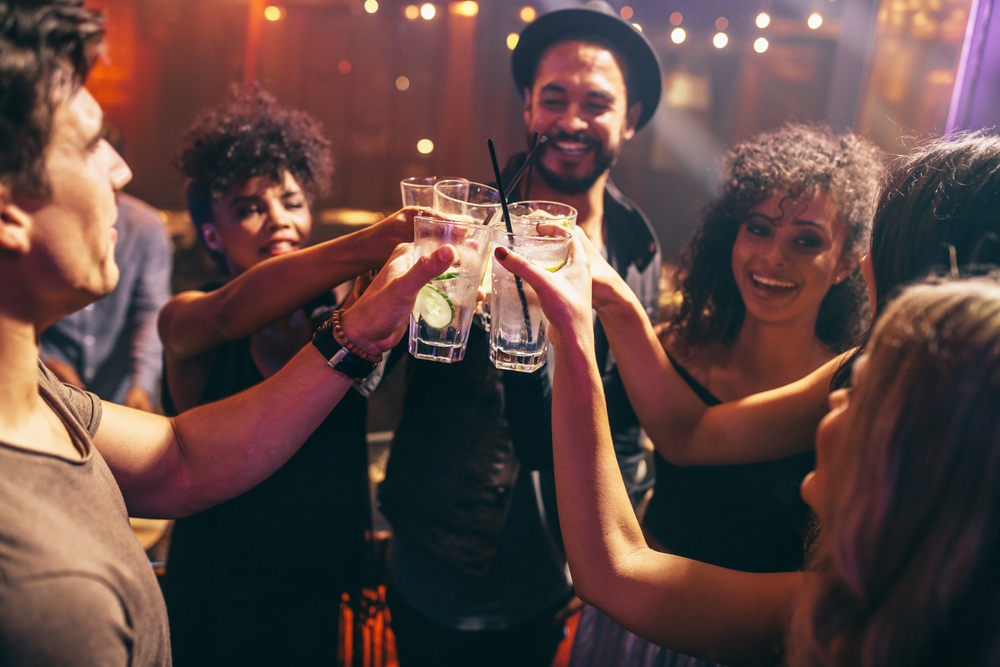
Traits of social drinkers include:
• They don’t feel the need to drink alcohol to have a good time.
• They don’t continually monitor, think, or obsess about drinking, the amount they are drinking, or when they are next drinking.
• They don’t regret the things they say or do whilst under the influence of alcohol.
• They don’t cause themselves or others harm whilst intoxicated.
Binge drinking is described by the NHS as “drinking lots of alcohol in a short space of time or drinking to get drunk,” they state that as everyone is different, it is hard to be specific on how much this is.
However, the UKs Office of National Statistics categorises binge drinking as having over eight units in a single session for men, and over six for women. The US National Institute on Alcohol Abuse and Alcoholism (NIAAA) classifies it as men who consume five or more drinks in about two hours, and women who consume four or more in the same timeframe.
Generally, the liver breaks down one standard measure drink per hour. As a result, if you are consuming large quantities of alcohol in a short space of time your blood alcohol content will be extremely high. This can lead to some potentially deadly consequences.
Read more about some of the dangers of binge drinking in our blog
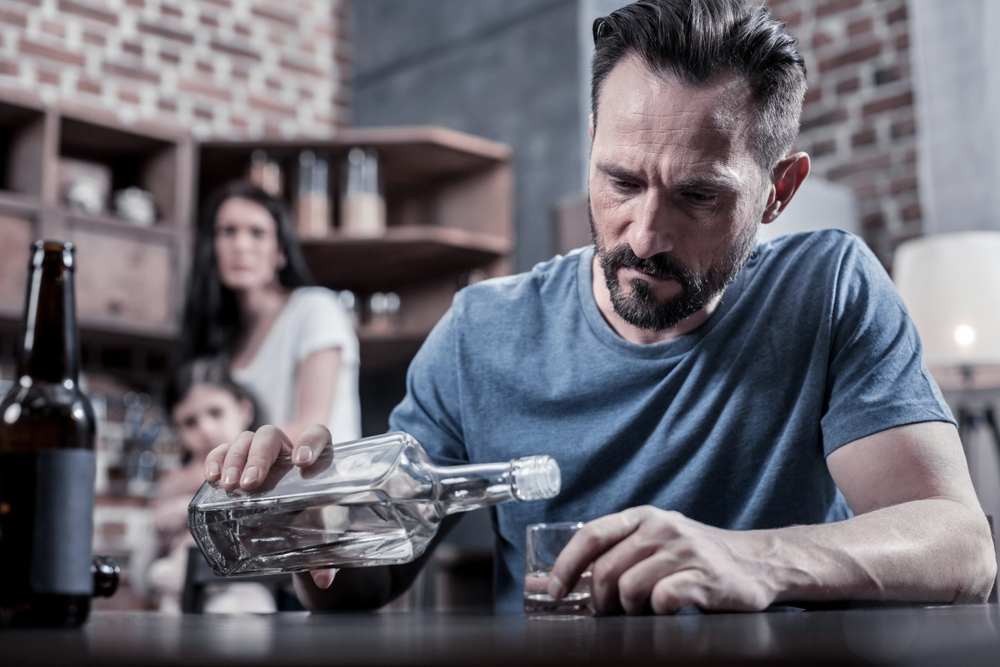
Alcohol misuse, alcoholism, alcohol use disorder (AUD)
3 million deaths a year are attributable to alcohol use, and according to the World Health Organization it is the leading risk factor for premature mortality and disability among those aged 15 to 49 years.
You may have heard several words and phrases used when talking about alcohol, drinking and abuse. What is the difference between misuse, alcoholism, and AUD?
Alcohol misuse is the term used when you drink in a way that is harmful to your health, finances, or relationships. It can also mean that you are dependent on alcohol, emotionally or physically. In 2016 the UKs Department of Health issued new safe drinking guidelines; these recommend no-one should drink more than 14 units of alcohol per week (men and women), this is roughly six pints of beer or one and a half bottles of wine. It is also suggested that this should be over three days or more, so it is not advisable to save them all up to drink all at once, and it is also thought best to have at least a couple of completely alcohol-free days per week.
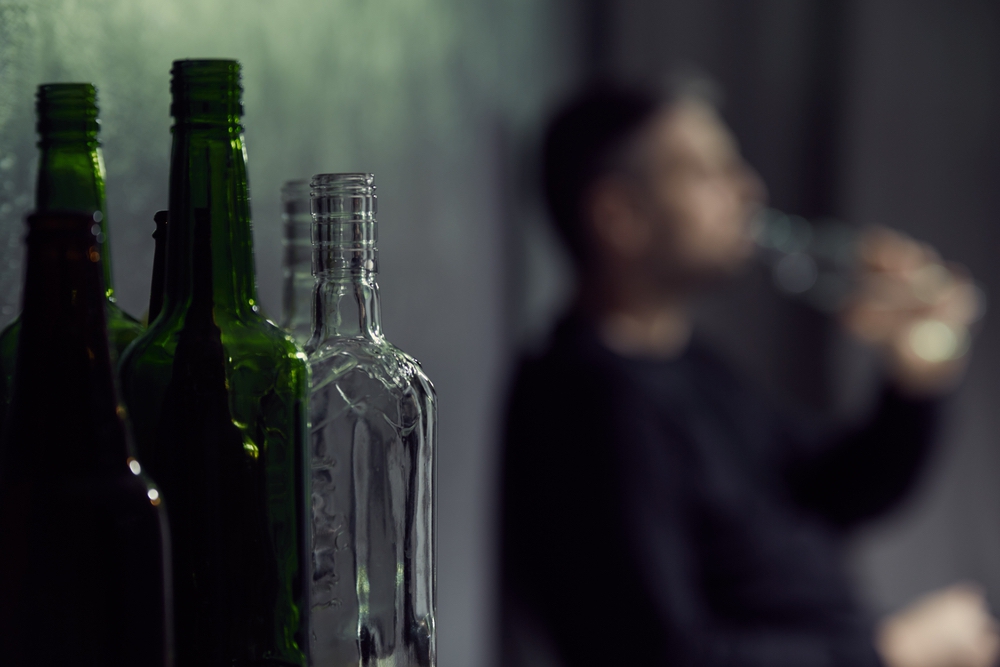
Alcohol use disorder is the medical terminology a doctor, therapist or clinician would use to describe someone presenting with signs of a problem with alcohol. It can refer to a diagnosis at varying stages – mild, moderate, or severe, and is usually characterised as having an impaired ability to stop or control one’s use of alcohol, despite repeated negative consequences. AUD is classed as a brain disorder.
Alcoholism, defined by the Oxford languages dictionary as, “addiction to the consumption of alcoholic drink; alcohol dependency,” is a word used in everyday language, it is not a clinical diagnosis but has become very popular amongst fellowship groups such as Alcoholics Anonymous, and other recovery-based programs.
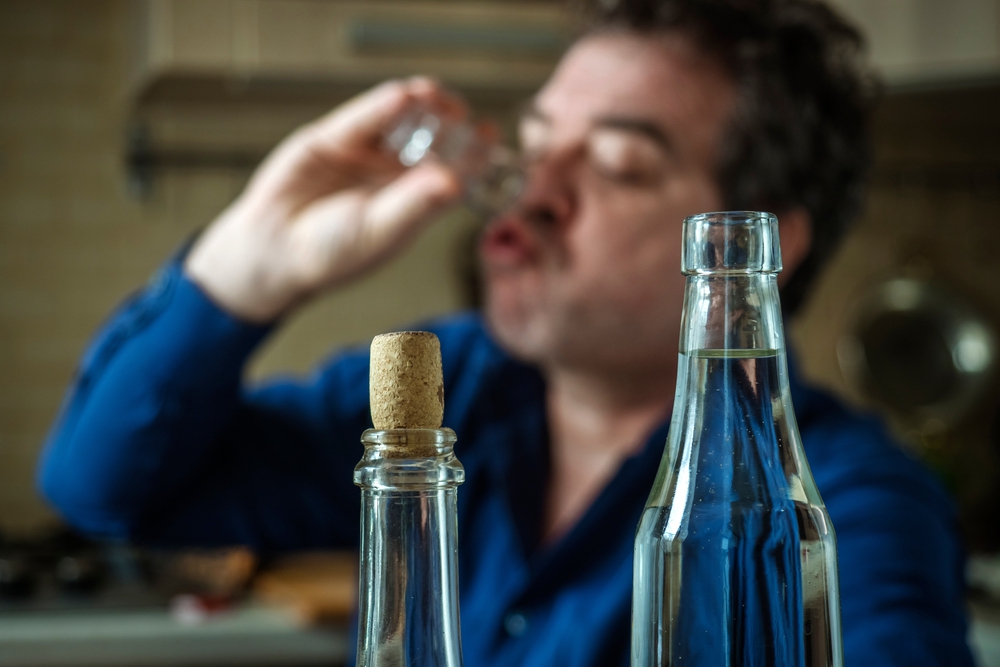
Signs of alcohol use disorder
Alcohol use disorder (AUD) is the world’s most common substance use disorder. It can affect anyone, from any walk of life, at any time.
Everyone drinks differently, and what may be a problem for some, might be completely normal for others.
But when should we be worried that there could be a problem?
• Drinking larger amounts, or more frequently.
• Failing to keep up with responsibilities at home, or with work.
• Harmful or even dangerous consequences to drinking.
• Struggling to stop or cut back.
• Problems with close relationships due to alcohol.
• Being secretive about amounts drunk or drinking alone.
• Drinking to try and stop feelings.
• Experiencing withdrawal symptoms, tremors, or cravings.
These are just some of the signs that there is an issue with the way you drink. If you find you are drinking when you don’t really want to, you feel guilty about how much or when you are drinking, or that you are drinking despite it causing you either physical or emotional problems then it is a good idea to speak to someone.
Why don’t you try our self-test here?

Alcohol rehab clinic in Spain
Here at our luxury residential rehab centre, set on the idyllic Balearic Island of Ibiza, we treat clients struggling with alcoholism, addiction, and substance abuse, as well as other underlying and co-occurring mental health conditions such as trauma, anxiety, and depression.
For information on all our rehab programs and details on admissions to our Spanish rehab centre, please contact [email protected]
Share this information, choose your platform!
5 Signs of a codependent relationship
Always doing the right thing, caring what others think, putting others first – all good traits, ones that would make you a great friend, partner, or family member; and it is correct to think of other people, their needs and …
6 tips for making your mental health rehab experience a positive one.
It is estimated that one billion people around the world struggle with some type of mental health condition, which includes illnesses such as depression, anxiety, or addiction. 1 in 4 people will be affected at some point in their lives; …
Alcoholism: A family affair
COA Week, (led in the UK, by the charity NACOA UK) is an annual, international campaign to raise awareness of children affected by a parent’s drinking. Run yearly, since 2009, during the week in which Valentine’s Day falls. NACOA UK …
America’s Oxycontin Epidemic
“We do not, most of us, choose to die; nor do we choose the time and conditions of our death. But within this realm of choicelessness, we do choose how we live” (Jeffrey Epstein) Let’s abbreviate this…We get born, we …






